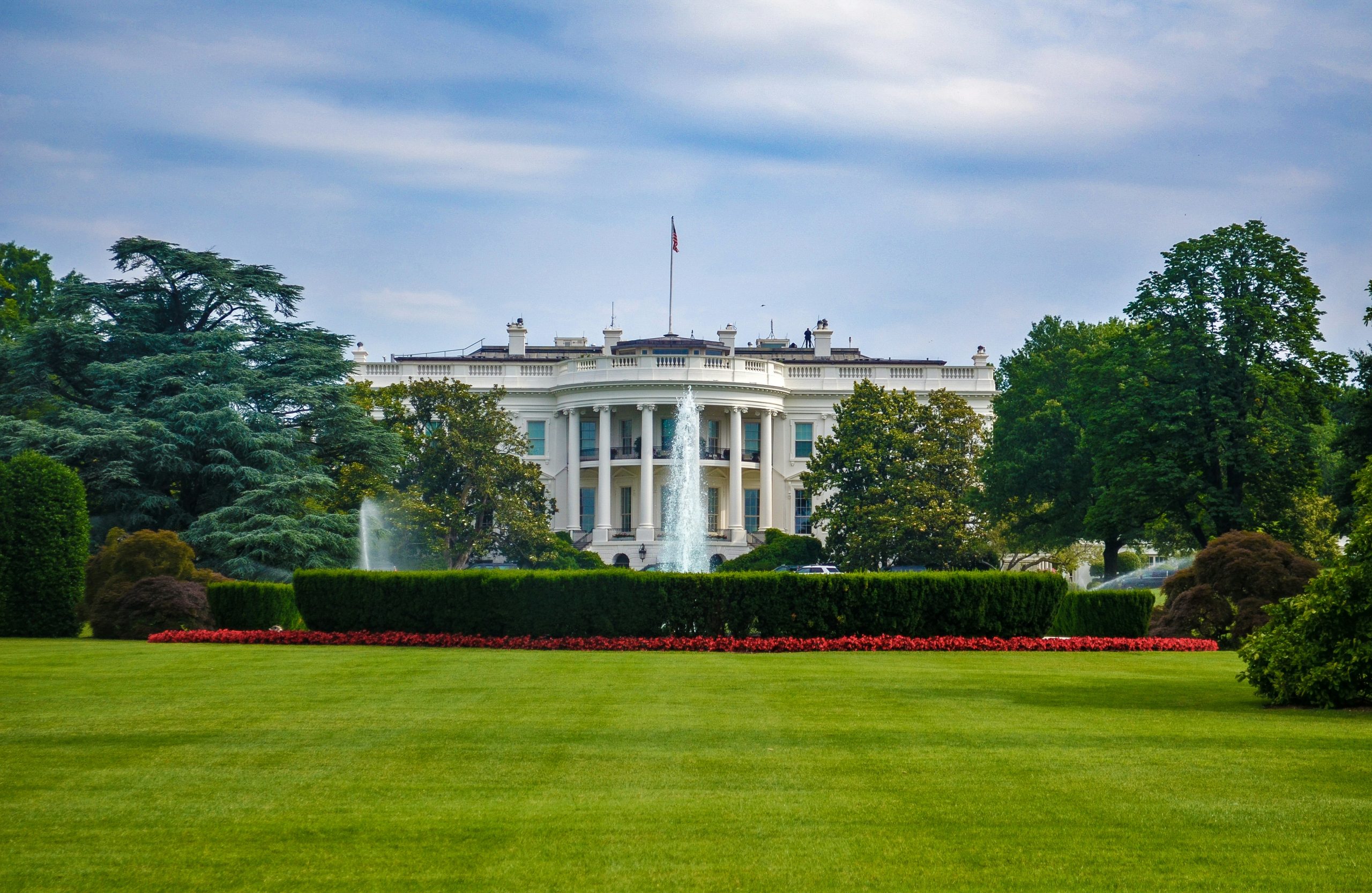
In a significant policy reversal, the Trump administration has eliminated a set of export control measures aimed at restricting China’s access to advanced artificial intelligence (AI) chips. The Biden administration’s three-tier export framework—designed to differentiate levels of chip sophistication and recipient country risk—was originally scheduled to go into effect on May 15. The decision to terminate the policy came just days ahead of its planned rollout.
The Biden framework aimed to refine earlier restrictions by creating a more nuanced categorization of advanced semiconductors and the contexts in which they could be exported, particularly with a focus on limiting Chinese military and technological advancement. It was part of a broader U.S. strategy to slow China’s progress in areas like AI, quantum computing, and advanced manufacturing, all while protecting national security and maintaining technological leadership.
According to analysts, the Trump administration’s move dismantles the graduated structure in favor of a yet undefined or broader policy approach. While specific details of the replacement framework remain unclear, the abrupt reversal underscores a sharp divergence in strategic approaches between the two administrations toward technology competition with China.
Critics of the Trump administration’s decision argue that removing the tiered export policy creates uncertainty for U.S. chipmakers and weakens the enforcement structure designed to protect militarily sensitive technologies. They also warn that it could open the door for more advanced chips ending up in unauthorized hands, potentially undermining U.S. national security interests.
Supporters, however, claim the Biden-era framework was overly complex and risked stifling U.S. semiconductor companies already grappling with global supply chain challenges and rising production costs.
The move is expected to have immediate implications for leading AI chip producers such as NVIDIA and AMD, which had been preparing to adjust their sales pipelines to comply with the new rules. Financial markets and key allies in Europe and Asia are closely watching the developments, as U.S. export control policies often influence global tech supply chains and enforcement practices.
As geopolitical tensions continue to rise, particularly in the areas of AI, cybersecurity, and strategic manufacturing, the decision marks a pivotal moment in the U.S.–China tech rivalry and raises questions about the future direction of American technology governance.
Source: https:// – Courtesy of the original publisher.








